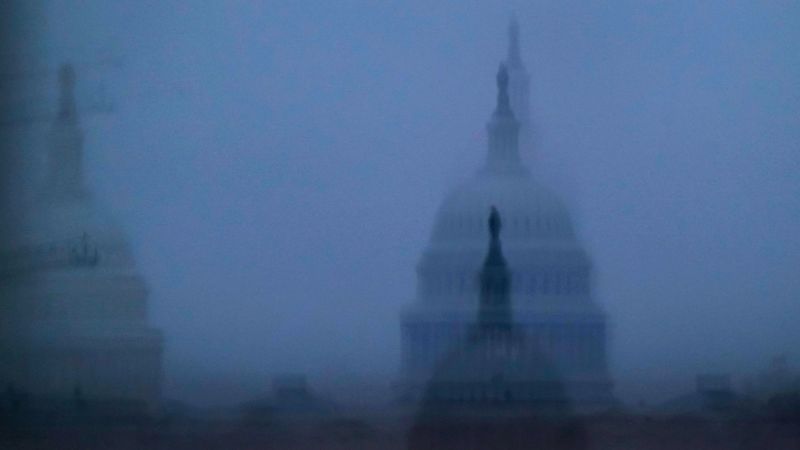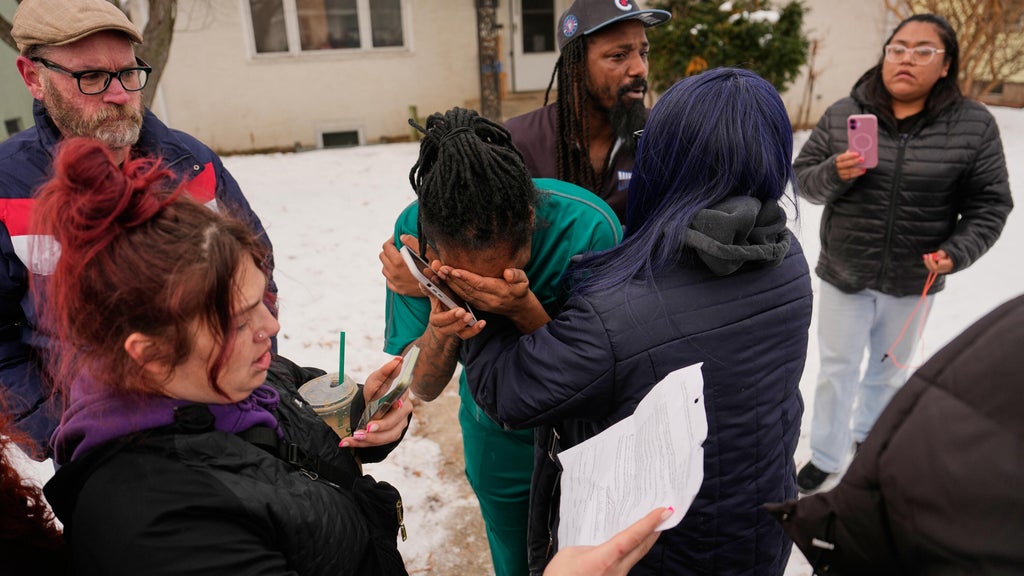The United States government shutdown continues into its fifth week, threatening to become the longest in history. With no apparent pressure from either political party to negotiate, significant dates are approaching that could change the dynamics of the situation. As federal employees begin to feel the financial strain, lawmakers may soon face increased public and political pressure to resolve the impasse.
Critical Dates Ahead
The first major milestone occurs today, when air traffic controllers will miss their first full paycheck. These essential workers have continued to work during the shutdown, facing scrutiny amid staffing shortages that have already resulted in flight delays. The potential impact on air travel could prompt lawmakers to act, reminiscent of the 2018-2019 shutdown when air traffic controllers’ absence led to significant disruptions. At that time, a handful of controllers opted not to report to work, which ultimately forced then-President Donald Trump to agree to a temporary reprieve.
On October 31, military members across all branches could face their first missed paycheck during a shutdown, according to the Bipartisan Policy Center. Although the Trump administration previously reallocated $8 billion to fund military paychecks through October 15, subsequent funding issues have emerged. Over the weekend, the administration hinted at possible financial maneuvers to cover military pay until November 15. The urgency surrounding military pay could compel both parties to seek a resolution, particularly as it touches on sensitive political grounds.
November 1 is set to be pivotal, as millions of Americans will see their Obamacare premiums rise sharply with the onset of open enrollment. Additionally, 42 million individuals rely on the Supplemental Nutrition Assistance Program (SNAP), which faces potential cutbacks. Some Senate Republicans, such as Josh Hawley of Missouri, are advocating for a stopgap measure, but GOP leadership remains cautious, fearing it may undermine their leverage.
Democrats are resolute in pressing their shutdown strategy, with Rep. Pete Aguilar of California stating, “We understand this is not easy, and this is going to be painful.” He argues that the current situation is a result of the administration’s refusal to fund SNAP benefits.
Election Day and Potential Impacts
Election Day on November 4 will feature races for governors in Virginia and New Jersey, as well as the New York City mayoral race. The significance of these elections could be heightened by the ongoing shutdown, particularly in Virginia, where many federal workers reside. Unexpected outcomes could lead parties to reassess their political strategies, especially if the results do not align with anticipated trends.
By November 5, the shutdown will surpass the length of the previous record, potentially motivating lawmakers to come to an agreement. Following that, the expiration of the House-passed continuing resolution on November 21 may compel the House to reconvene. This could lead to a renewed focus on negotiations over issues such as Obamacare subsidies, which some Republicans have suggested could be politically damaging if not addressed.
The holiday season, particularly Thanksgiving on November 27, will further amplify the urgency for lawmakers. Travel disruptions and government service interruptions could loom large as families prepare for the holiday. Past experiences suggest that lawmakers often prioritize resolving issues around holidays to avoid dragging families back into political turmoil.
As these critical dates approach, the pressure on lawmakers to resolve the shutdown may intensify, ultimately influencing the political landscape in the coming weeks.







